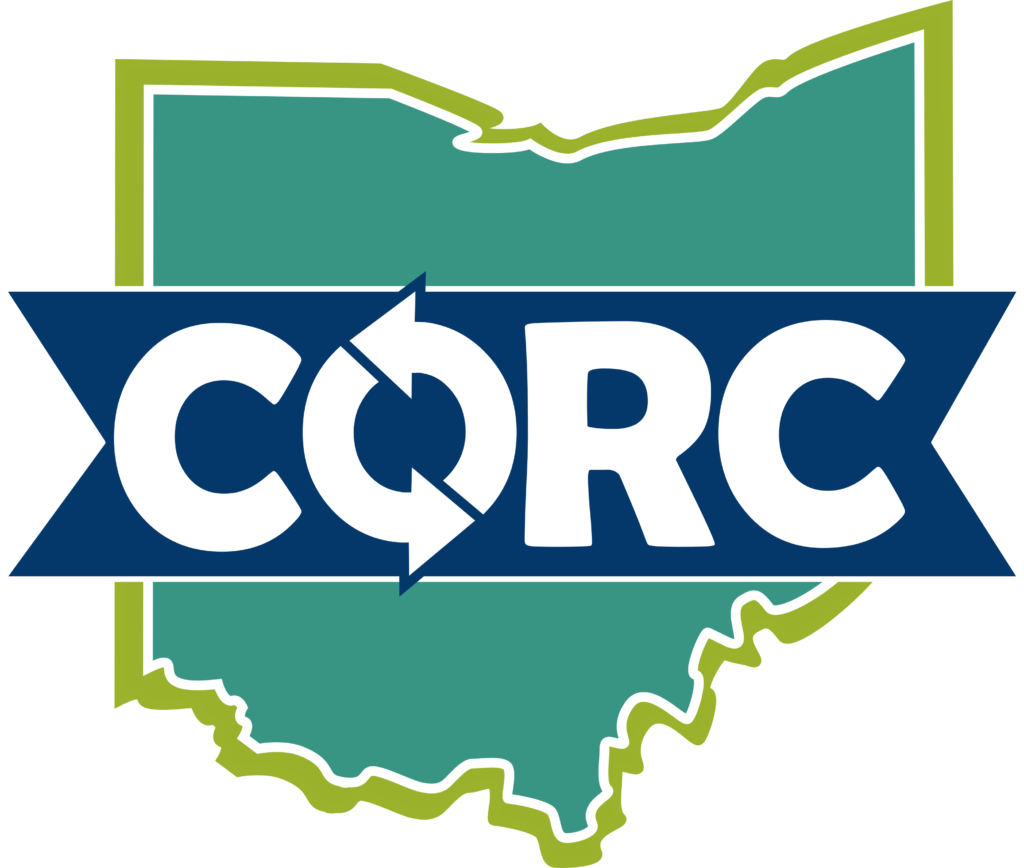
WEEK TWO: Yesod (Foundation) and the Environment
by Doug Calem
For humans, the earth is the yesod — the foundation — that supports life. One might say that recorded history is also a record of our relationship with and attitude towards the earth. Most of the historical record reveals a belief that we are separate from nature and (because it’s in the Torah), that we have dominion over it (we are to “rule over the fish of the sea and over the birds of the sky and over the cattle and over all the earth, and over every creeping thing that creeps on the earth”). The Biblical words about ruling helped instill the expectation that it is our right to do with the earth as we please for our own benefit.
That said, anthropogenic climate change is evidence that we are lousy rulers.
Yesod is about the balance of action and relationship—how we work with others in our community. If we choose, we can apply this principle to reduce harm to the planet. This definition of yesod captures the work I do as the founder and director of the Central Ohio Reuse Coalition (CORC). Global warming is, to a large part, driven by how we grow, package, and distribute the food we eat. Food systems generate 34% of greenhouse gas emissions caused by human activities, and food packaging alone accounts for 5.4% of all food system emissions. CORC is working to reduce disposables in businesses and schools (i.e., make throw-away go-away) and, in our small way, reduce the demand for virgin plastic stocks, which causes these unrelentless and climate altering emissions.
I was motivated to start a reuse coalition after researching the impact of the entire plastic lifecycle. Plastic bags and bottles littering our parks and waterways are only the tip of a very dirty iceberg. From extraction to transportation to refining, the entire petroleum-to-plastic product lifecycle is toxic. Both existing refineries and new ethane cracker plants built to create the polymers that serve as the basis for plastic products are usually constructed adjacent to communities where poor, indigent people of color live, and who consequently suffer from higher cancer rates because of living next door to the instruments of their suffering.
CORC is a coalition – a structure of relationships — through which individuals and groups act to promote circular solutions that create jobs, save money, and save lives. This work is the embodiment of yesod, acting as a collective towards a common goal where relationships matter. Relationship among the coalition members. Relationship to the earth. Both kinds of relationships are inseparable. How we treat each other is inexorably connected to how we treat the earth. If our social relationships are motivated by dominion over then the end-result will look like what we see in the world around us: social injustice and oppression of rights resulting from actions governments, corporations, and institutions take for their own benefit. And if the actions stemming from how we relate to one another are applied to our relationship to the earth, then the earth’s well-balanced ecosystems get thrown out of whack.
Here’s the rub: what appears to us as the earth’s systems no longer in balance is to take a narrow, “present-simple” view of the world. I would argue that what we see as imbalance is really re-balancing. If you view the earth in a broader present-perfect continuous tense (actions that started in the past and continue to the present), then we see the earth as responding to our relationship and actions towards the planet. To me, global warming is the earth putting us on notice to bring this relationship and our actions back into balance.
It’s up to us to ensure that the notice is not ultimately an eviction notice.
Learn more at the Central Ohio Reuse Coalition website – find actions you can take, ways to get involved, or sign up for the CORC newsletter.
